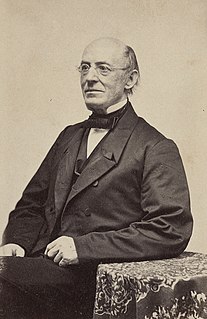A Quote by Ben Jonson
Related Quotes
A good taste in art feels the presence or the absence of merit; a just taste discriminates the degree--the poco piu and the poco meno. A good taste rejects faults; a just taste selects excellences. A good taste is often unconscious; a just taste is always conscious. A good taste may be lowered or spoilt; a just taste can only go on refining more and more.
The discovery of the good taste of bad taste can be very liberating. The man who insists on high and serious pleasures is depriving himself of pleasure; he continually restricts what he can enjoy; in the constant exercise of his good taste he will eventually price himself out of the market, so to speak. Here Camp taste supervenes upon good taste as a daring and witty hedonism. It makes the man of good taste cheerful, where before he ran the risk of being chronically frustrated. It is good for the digestion.
Therefore if mine enemy hunger, let me feed him; if he thirst, let me give him drink. Now in order to do this, (1) We must see good in that, in which other men can see none. (2) We must pass by those injuries that other men would revenge. (3) We must show we have grace, and that we are made to bear what other men are not acquainted with. (4) Many of our graces are kept alive, by those very things that are the death of other men's souls.... The devil, (they say) is good when he is pleased; but Christ and His saints, when displeased.
Everyone wants to be foremost in this future-and yet death and the stillness of death are the only things certain and common to all in this future! How strange that this sole thing that is certain and common to all, exercises almost no influence on men, and that they are the furthest from regarding themselves as the brotherhood of death! It makes me happy to see that men do not want to think at all of the idea of death!
... when death has been brought upon a saint, we ought not to think that an evil has happened to him but a thing indifferent; which is an evil to a wicked man, while to the good it is rest and freedom from evils. 'For death is rest to a man whose way is hidden' (Job 3:23 LXX). And so a good man does not suffer any loss from it.





































